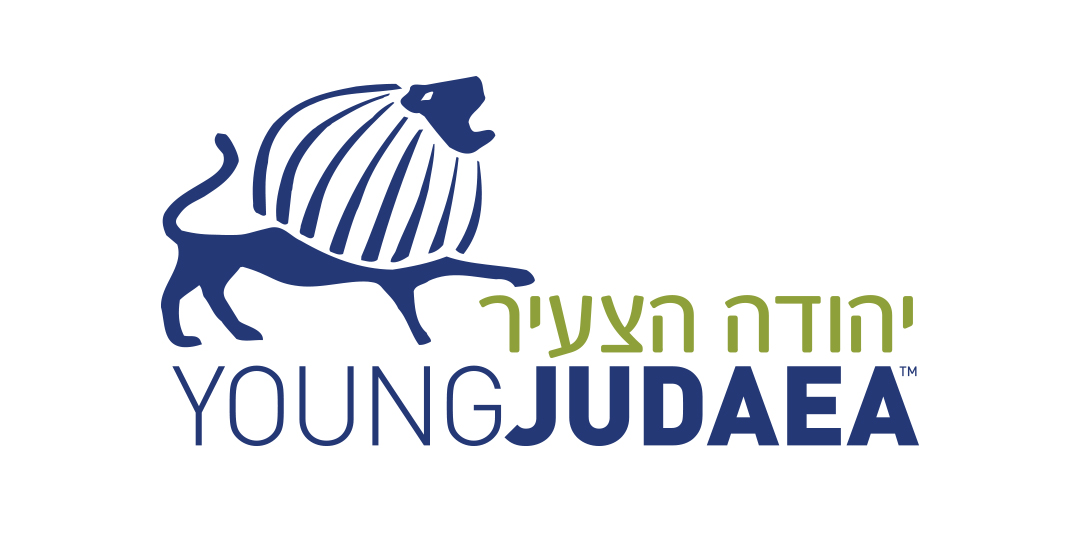Year Course Comparative Religions

By Miram Roday, Year Course participant
We began our final Siyur at an archeological site wedged between the Old City and Har Zion. Our group descended windy steps overlooking a pleasant view of Jerusalem, then began a session with Aron, the archeologist. He discussed the architecture of the First Temple and the Jewish presence at the Temple Mount. He used a large stone model, meant to resemble the stones of the Kotel, to showcase photographs of important artifacts/memorable items from the Temple times. For roughly half an hour we worked in groups of 2-3 washing and sifting through buckets of dirt and rocks. We found mostly found pottery, bones, glass and mosaics (the Singapore group discovered a coin from a bucket Rob selected, supposedly!). Later when volunteers finished sifting, the trained archeologists washed the findings and attempted to identify/label the date of the artifacts. This site is unique for two reasons- untrained amateurs are allowed to dig and uncover material as we did AND it’s the only dig in the world where the excavation is not at the original site, aka the Temple Mount. Overall it was an engaging and interesting morning, and we learned that according to Aron, archeology is the best way to appreciate Israel’s history.
We then broke for lunch and reconvened for a panel of three religions leaders who discussed issues of ecology. The Jewish prospective presented spirituality as one solution to the world’s environmental problems. The rabbi also mentioned that our culture of consumerism and our pleasure-seeking society are complicit in, if not the cause of our depleted natural resources and destroyed environment. Yasmin then presented Islam’s view and said the following–we live a short finite life. It’s essential we act as though we are living forever. Live religion, she said, as though you will die tomorrow. Finally, the Christian priest spoke about mentality. He quoted a very memorable philosophy—”attitude determines altitude.” He said if we as a society don’t care about our world, we will suffer and be forced to live marginal poor lives; therefore our progress is dependent on our attitude adjustment.
Ultimately, I agree with these spiritual leaders—humanity is interconnected. There are severe environmental problems that must be addressed, actions that must be taken and bottom line is, we are all responsible. First, we must reassess and adjust our cultural and societal values—then and only then are we on our way to a peaceful, less wasteful planet.